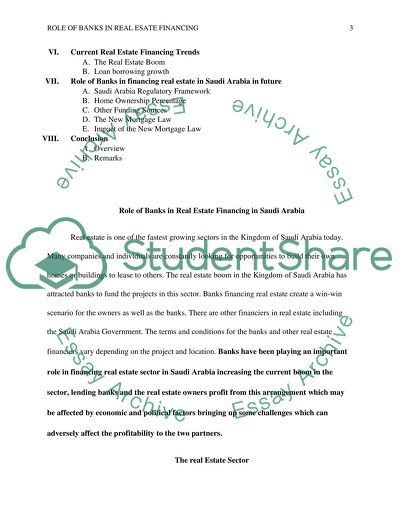Cite this document
(“Role of Banks in Real Estate Financing in Saudi Arabia Research Paper”, n.d.)
Role of Banks in Real Estate Financing in Saudi Arabia Research Paper. Retrieved from https://studentshare.org/finance-accounting/1489103-what-the-role-of-banks-in-real-estate-financing-
Role of Banks in Real Estate Financing in Saudi Arabia Research Paper. Retrieved from https://studentshare.org/finance-accounting/1489103-what-the-role-of-banks-in-real-estate-financing-
(Role of Banks in Real Estate Financing in Saudi Arabia Research Paper)
Role of Banks in Real Estate Financing in Saudi Arabia Research Paper. https://studentshare.org/finance-accounting/1489103-what-the-role-of-banks-in-real-estate-financing-.
Role of Banks in Real Estate Financing in Saudi Arabia Research Paper. https://studentshare.org/finance-accounting/1489103-what-the-role-of-banks-in-real-estate-financing-.
“Role of Banks in Real Estate Financing in Saudi Arabia Research Paper”, n.d. https://studentshare.org/finance-accounting/1489103-what-the-role-of-banks-in-real-estate-financing-.


